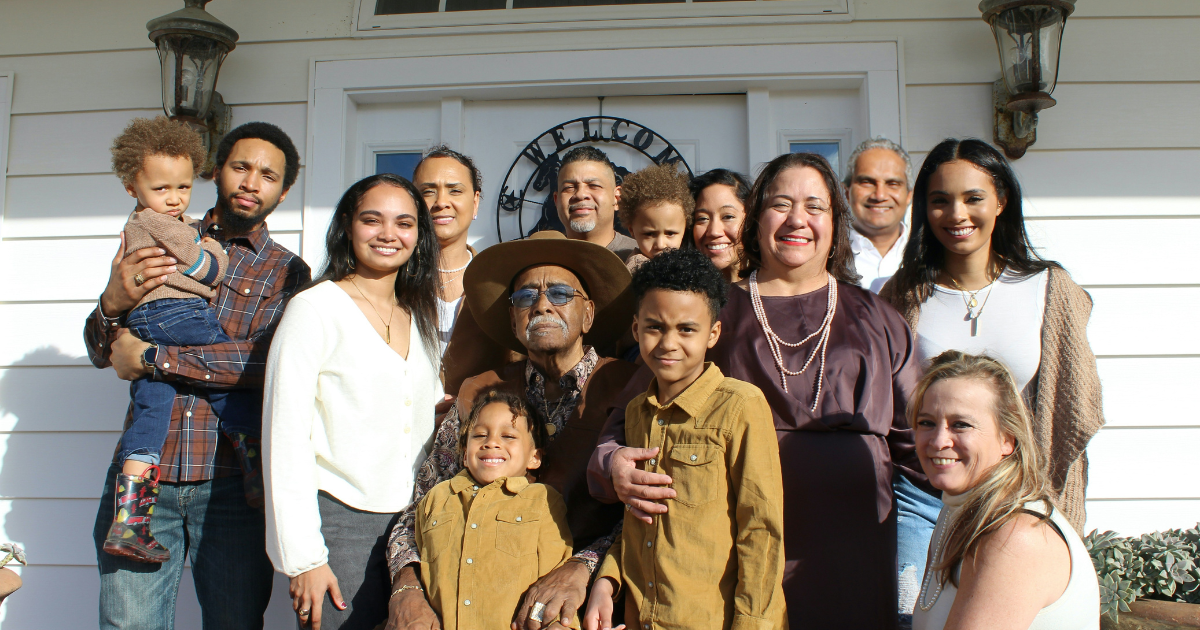At SupportPay we are always trying to aid the process of providing welfare to children of separated families and to make the lives of their parents easier. We had the privilege to speak with Sheri Kurdakul, the founder of VictimsVoice. Serving as its Chief Executive Officer, Sheri’s strength lies in taking unpopular complex problems and creating easy to use solutions that generate measurable results. She’s a survivor of over 29 years of child abuse, sexual assault, and domestic violence and has endured the criminal, civil, and family court system experiences.
From our conversation with Sheri, we learned all about VictimsVoice.
1. What is VictimsVoice?
VictimsVoice is a legally admissible documentation tool where victims are easily collecting the necessary details of each incident of their abuse in one central tool, allowing them to get protection and seek legal justice while assisting the prosecution in increased conviction rates with more appropriate charges.
For a victim, they take a traumatic event and break it down into easy-to-understand questions that are evidence-based and ensure nothing is missed or forgotten.
Their progressive web application ensures that any user can access this tool from any device at any time from anywhere, ensuring they can document the evidentiary information prosecutors need to confidently try a case.
2. Why is record keeping so important? Don’t police and judges keep records?
Yes, but their record keeping is for internal operational purposes and not to help their case, as the burden of proof lies with the survivor.
Victims are told every day by authorities, “Document Everything,” but not told what to save or how to collect and store the information.
Domestic violence affects 13 million people a year and most of them are saving what they think is relevant, but they lack the legal knowledge for what actually constitutes as admissible evidence. This results in 80% of REPORTED cases being dismissed due largely to a lack of court-worthy evidence and less than 2% of abusers being convicted, with many of those convictions resulting in misdemeanor plea-bargain charges.
Victims that do make it to court face attacks from the Defense looking to crush the credibility of the victim with any-and-all detail variances during testimony. These are crimes that happen behind closed-doors and are “one person’s word against another’s” and they’re extremely difficult to prove.
3. Why is it so challenging for survivors to document abuse and keep records on their own? (I.e., stress impairs memory, one may have to leave physical records behind if leaving abuser, etc.)
As mentioned above, the biggest challenge is what’s relevant to the victim is usually not relevant to the courts and lacks hearsay exceptions. Also, victims are not generally attorneys and don’t necessarily know the laws around what they want to document such as audio and video recordings.
For example, we (VictimsVoice) are based in New Jersey, a “one-party” consent state, which means as long as “I” am part of the conversation, it is generally legal for me to record a situation for which I am a part of. Ten minutes down the road in Pennsylvania, it is an “all-party” consent state and a felony to record someone without their consent. Unknowingly documenting in an unlawful manner can land them in jail, further victimizing them to the letter of the law. I don’t know too many abusers that would give consent to having their unlawful abuse recorded.
Another challenge is “chain of custody.” When evidence is introduced, it must be able to be traced from source to endpoint, proving that it has not been touched, tampered with, or altered in any way, shape, or form.
Memory plays a part in this as well. Most survivors will tell you that they were very good at changing the perspective of a situation, changing the blame from their abusers through justification of the behavior and placing themselves as the reason an abuse occurred. Gaslighting and love bombing also complicate the “truth” of what actually happened that, if documented right after the incident, will differ greatly from what is remembered later.
4. How can SupportPay users & our directory Professionals learn more about familial violence and support VictimsVoice?
We have resource information available on our website at VictimsVoice.app, as well as most social platforms, all of which can be found @VictimsVoiceApp. We also hold monthly “Lunch-N-Learn” webinars for free where we dig deep into information needed but hardly addressed. The calendar for those events and more can also be found in the calendar section of our website.
We at SupportPay are grateful to have learned so much from Sheri and hope that her organization can help you or someone you know.









